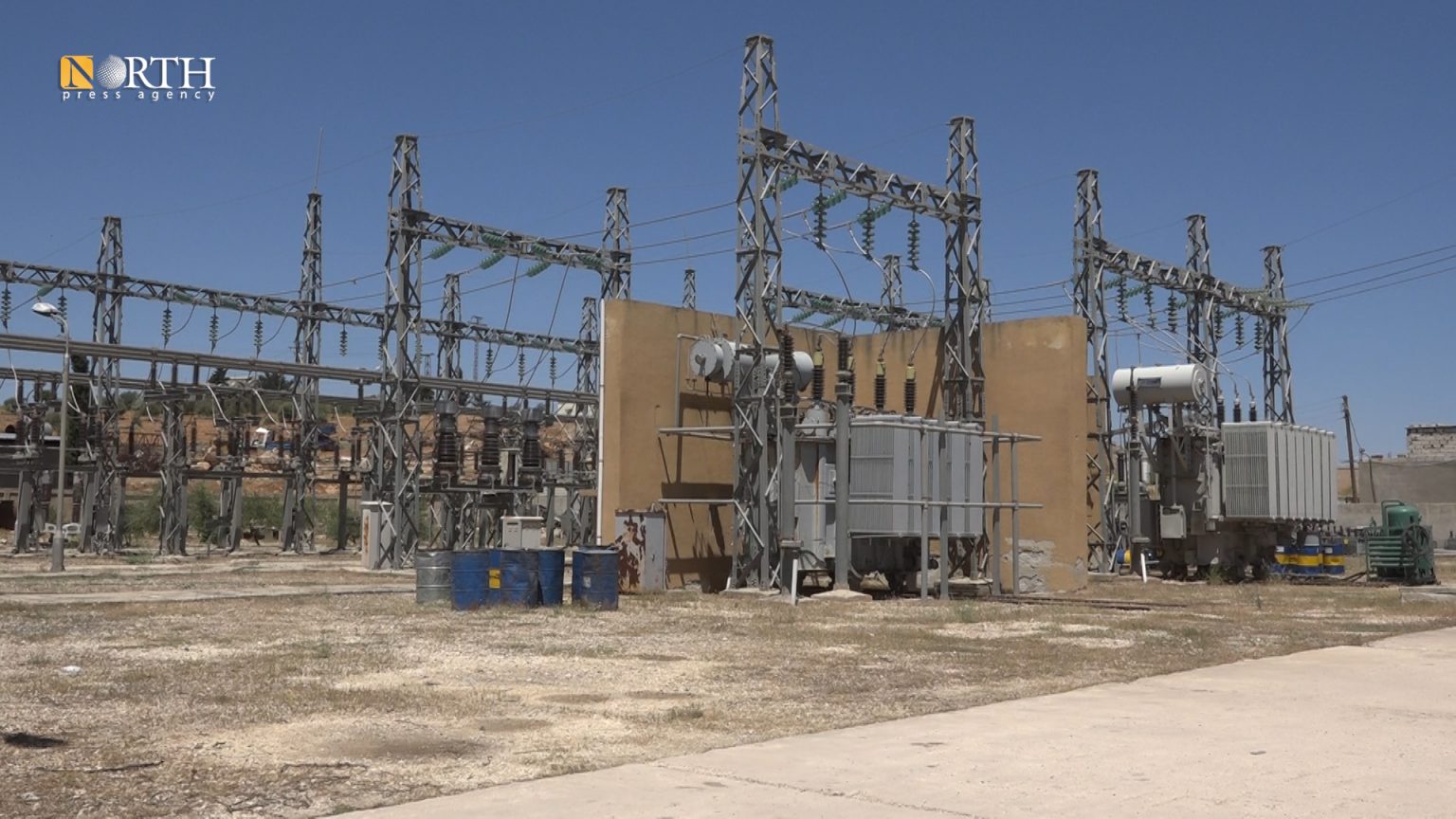Rationing hours of power will increase in case the level of the Euphrates river continues to decline due to Turkey’s seizure of water, an official of Electricity Directorate in Kobani, northern Syria, said on Sunday.
“Turkey has been cutting water to Rojava Dam (formerly Tishrin) for four months forcing the administration of the dam to implement power rationing system,” Muhammad Khan Ali, co-chair of Kobani Electricity Directorate, said.
Despite the decreasing water level, the city of Kobani witnesses about 12 hours of electricity, while the villages witnesses about eight hours on daily basis, according to Khan Ali.
“Industrialists are the most affected as a result of the rationing process, especially that they used to maintain harvesters, agricultural machinery and cars during this period of the year,” he noted.
“Additionally, hospitals, bakeries, and grain grinders are forced to operate generators permanently,” Khan Ali stated.
The official called on international community and humanitarian organization to put pressure on Turkey in order not to control Euphrates water.
For more than three months, Turkey has limited the flow of the Euphrates into Syria, depriving large numbers of people of usable water. Turkey reduced the flow of water from the Euphrates River into northeast Syria’s dam gradually, reducing the amount of water received to unprecedented lows.
Turkey keeps water in six dams, the largest of which is Ataturk Dam, the second largest in the Middle East, with a storage capacity of 48 billion m³, violating the international agreement they signed with Syria in 1987 which stated that Syria’s share of water coming from Turkey is 500 m³ per second.
The water flow to the Euphrates River is now limited to less than 200 cubic meters, according to the General Administration of Dams in Northeastern Syria.

